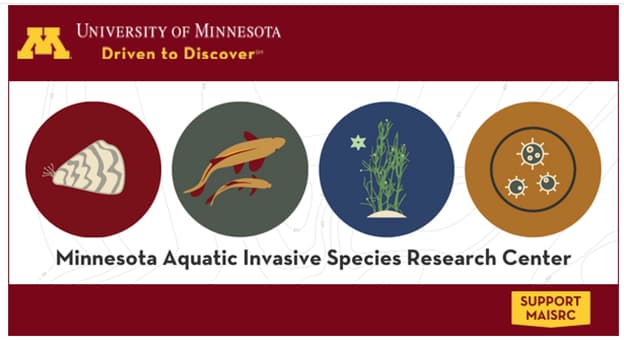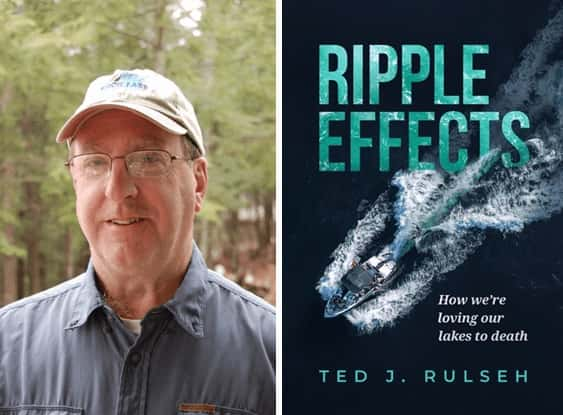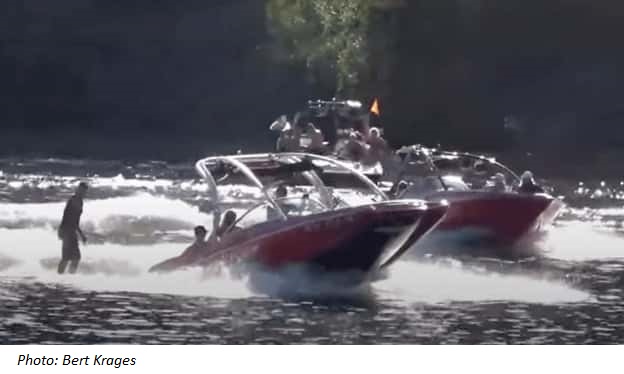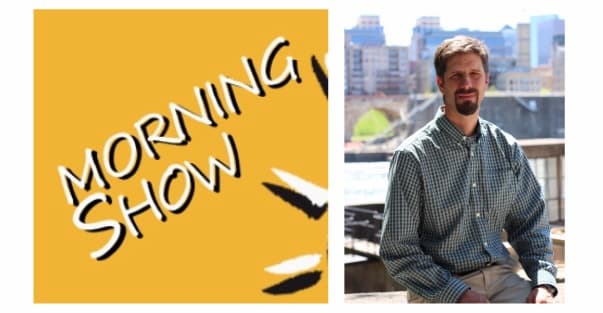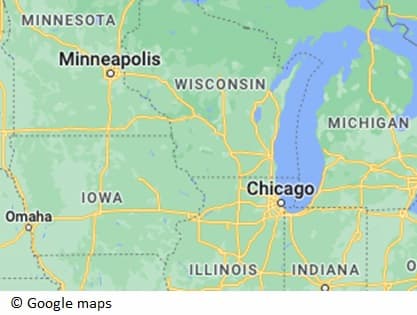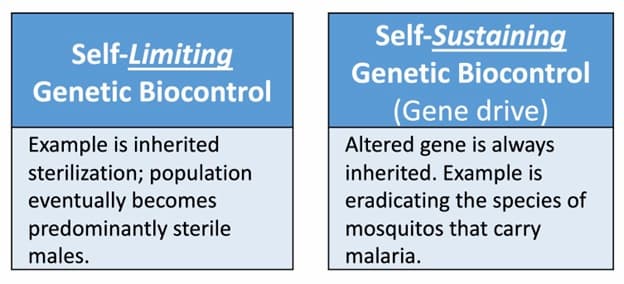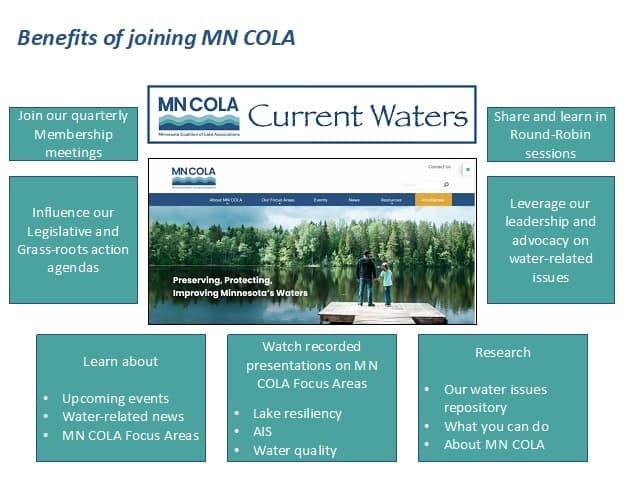
We believe these benefits bring “real value” to MN COLA members and friends. And we can provide even more value when we grow of membership. We don’t say this because we are hungry for your money, although that’s always welcome. But we say this because MN COLA grows more relevant on important issues when we represent more people and more organizations.
So become a member! Join MN COLA today!


